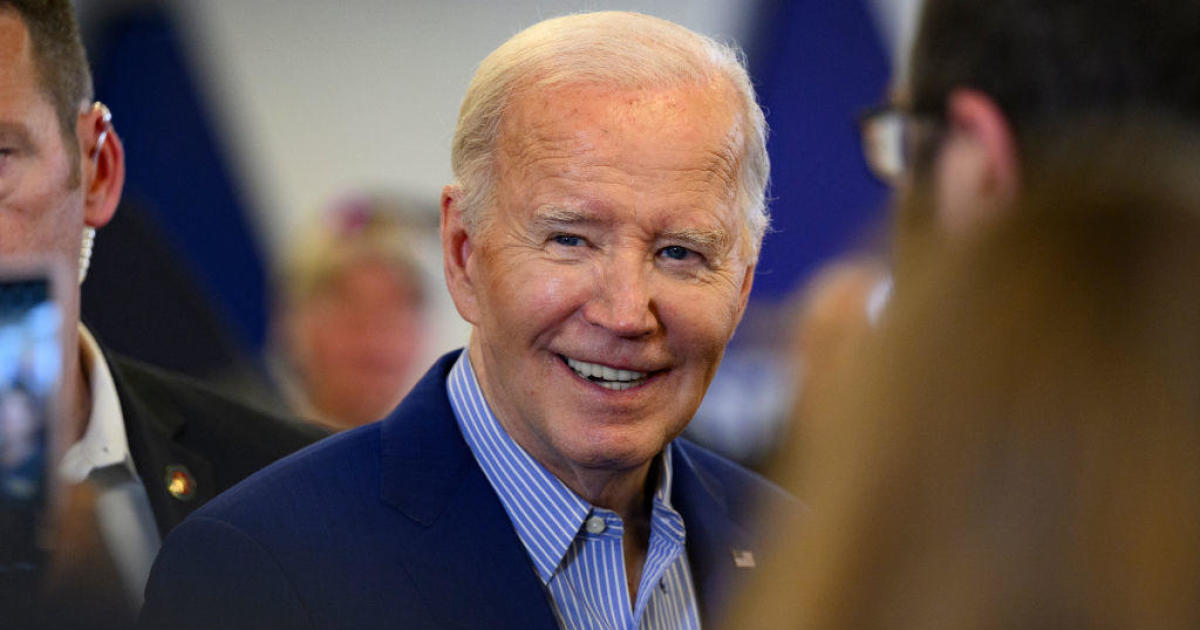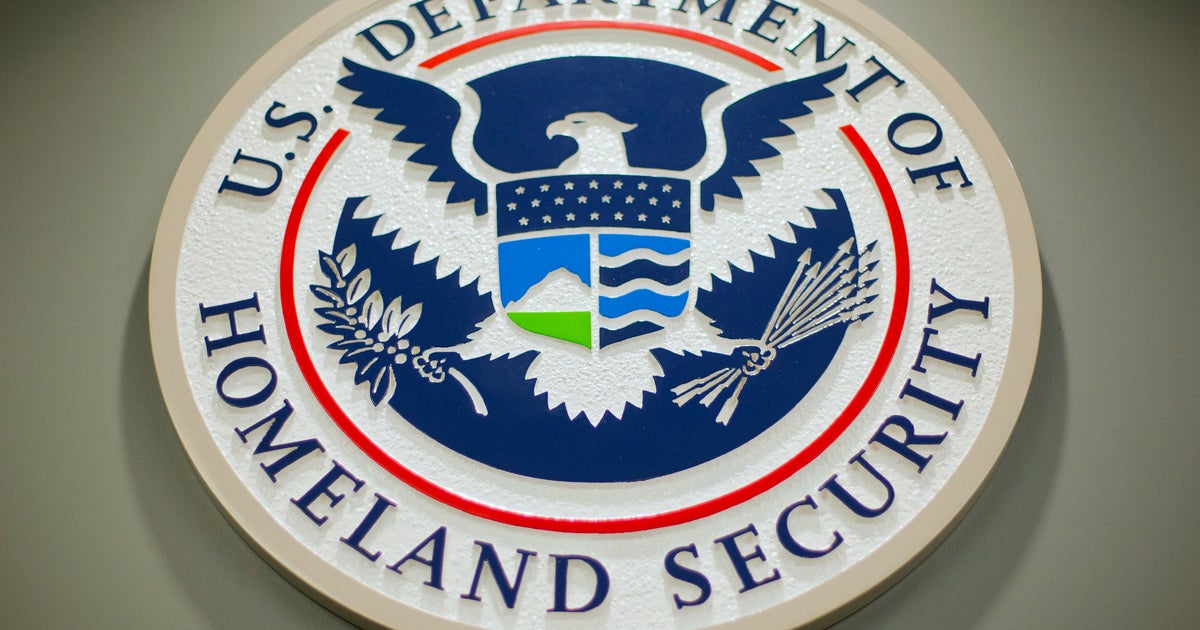Census: South Americans More Than Double Florida Presence
DORAL (CBS4) -- Colombians, Venezuelans and Peruvians more than doubled their numbers in Florida over the last decade, making South Americans the state's third-largest Hispanic group, according to the latest 2010 census numbers.
Cubans remain the largest group of Hispanics, followed by Puerto Ricans but South Americans as a group now outnumber Mexicans. Cubans still have the most political influence, but they had the slowest growth over the last decade.
The data released Thursday shows the Colombian community jumped from about 136,000 in 2000 to more than 300,000. Meanwhile, Venezuelans rose from 40,000 to more than 100,000, with roughly 85 percent of all Venezuelans in the U.S. living Florida. Peruvians similarly increased to more than 100,000.
Their influence throughout South Florida and in the Tampa and Orlando areas is hard to miss. The wealthy Broward County neighborhood of Weston has acquired the nickname of "Westonzuela," a nod to the large number of immigrants from Caracas who make the city their home. In the western Miami-Dade suburb of Doral, Peruvian fish restaurants and cafes selling Arepas -- the traditional stuffed tortilla treat particularly popular in Venezuela and Colombia -- now dot strip malls once lined only with Cuban cafes.
Aspiring politicians regularly make pilgrimages to the annual Colombian festival in Miami.
Meanwhile, in central Florida, the population remains small, but nearly every South American group now has its own chamber of commerce, and Colombians have become a recognizable presence particularly in and around Orlando.
Among Central Americans, the Guatemalan community saw the largest growth with reaching roughly 84,000, a nearly 200 percent increase.
The numbers in Florida follow the national growth trends among all Hispanics, said Mark Lopez of the nonprofit Pew Hispanic Center. But he also noted that changes in the 2010 Census questions may have contributed to a greater response among South and Central Americans, who are concentrated in Florida.
Previously, individuals could mark whether they were Cuban, Mexican, Puerto Rican or of some other Hispanic origin. Individuals could then write in their specific country, but many did not. To encourage people to write in their family's nationality of origin, the 2010 Census added a few examples next to the other Hispanic origin box.
"We think that may have led to more specific country responses," Lopez said.
While Hispanic births outpaced immigration in most of the nation, this was likely not the case among South Americans in Florida, many of whom have come in recent years in response to the political and economic upheavals in their home countries.
Colombia saw a decrease in drug violence over the last decade, but many Colombians continued to flock to Florida, in part over continued economic instability.
Eduardo Gamarra, a Florida International University political science professor specializing in Latin American studies, recalls seeing a rise in Colombians in his classes earlier in the decade, and says he is now beginning to teach some of their children.
In Venezuela, following the rise to power of Hugo Chavez in 1999, many of the middle-class and wealthy have flocked to Florida over concern about the government's increased political and economic control.
Among them is Gaby Castillo, a media consultant in Miami who came with her family to the U.S. as a high school freshman in 2000.
For her family, the move was part economic, part political. Her father was an engineer not aligned with the new government. They initially came on business visas and later through family petitions.
"Even if you were qualified, if you were not part of that crowd, it was hard to get a job," she says.
Unlike many Hispanic immigrants to the rest of the country, Castillo described how she and families she knows were able to bring most of their possessions with them.
"I still sleep in the same bed I slept in as a little girl," she said. "We are very lucky. We came here with our entire life."
Her father is now a real estate consultant for a company that specializes in helping Venezuelans relocate to the U.S. The company's website: "mevoypamiami.com," loosely translated to "gointoMiami.com"
(© 2011 The Associated Press. All Rights Reserved. This material may not be published, broadcast, rewritten, or redistributed.)



